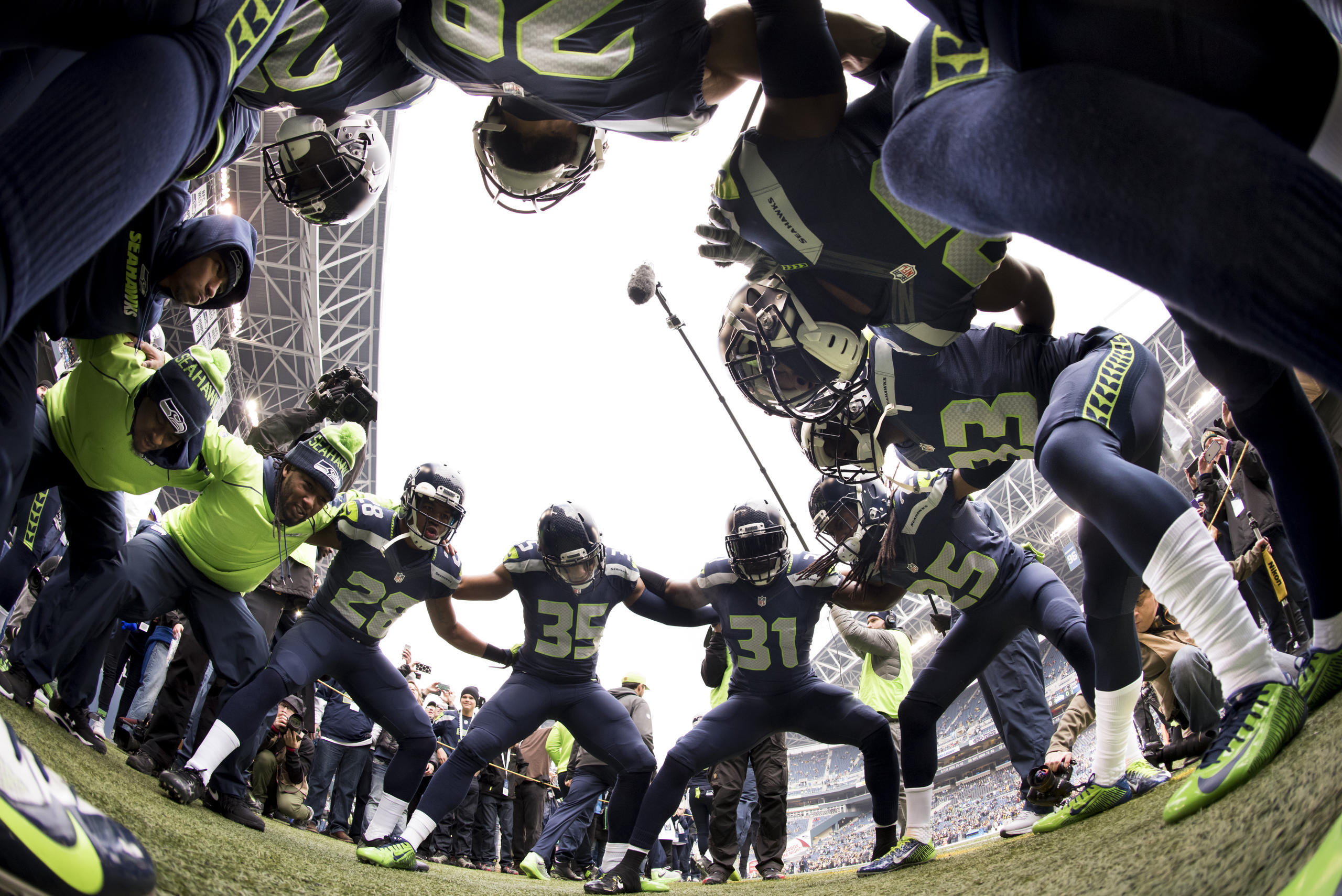The 2009 Seahawks schedule is like every other schedule before the year starts…impossible to predict. Teams that should be great turn out to be horrible and vice versa. Injuries, breakout performances and weather all factor into the equation. That said, a lot of crazy things would need to happen to make the road and home schedule anywhere close to equivalent.
The Hawks non-division road games include the Colts, Packers, Cowboys, Texans, and Vikings. It’s highly likely (80%+) that the Hawks will be underdogs in all of those games. The same could be said for the Cardinals road game. That kind of road schedule makes our significant home field advantage a critical factor in determining how this season goes.
Normally, if you can go 7-1 or 8-0 at home, you hope for around .500 on the road. That gets you to 11-12 wins. This year, an undefeated home record might only net us 10 total wins. Some might go as far as to suggest it could result in only 9 wins, although I think a team that can go undefeated at home will likely find a way to go at least 2-6 on the road.
With all this in mind, I have found five swing games that will determine how high, or low, the Seahawks will go this year.
Week 2 @San Francisco
Week 3 Chicago
Week 6 Arizona
Week 14 @Houston
Week 17 Tennessee
All of these games qualify as toss-ups. My preview predicts wins in four of these five games, with the lone loss coming @Houston. Most importantly, two of these games come in the first three weeks. Injuries will play a role. We will still be missing Marcus Trufant for the Arizona game, but should have Chris Spencer and Walter Jones back. Timing will also play a factor considering the Titans may not be playing for anything in Week 17, and the 49ers will still be playing for everything in Week 2.
Winning four or more of these games should translate to at least a 10 win season. Three or more should be good for at least 9 wins. Two or less, and it’s not pretty.
No NFL schedule is a given. When we look back at this season, however, the results in these five games will likely tell the story of what went right or what went wrong.
